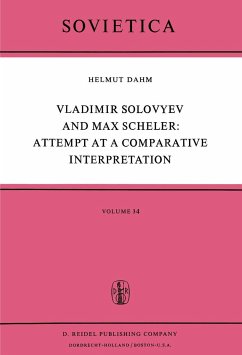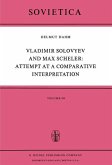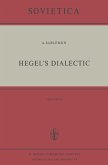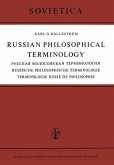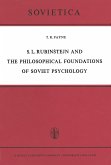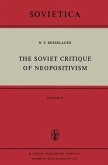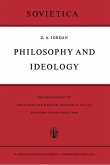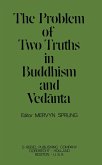This comparative study of the works of Vladimir Solovyev and Max Scheler explores some of the areas in which their thoughts seem to bear a direct relation to one another. The author shows, however, that such a correlation is not based on any factual influence of the earlier Russian on the later philosophy of Scheler. The similarities in their spiritual and philosophical development are significant as the author demonstrates in his chapter on systematic philosophy. This comparison is not just of historical interest. It is meant to contri bute to a better understanding between the East and the West. The author provides a basis for future discussions by establishing a common area of inquiry and by demonstrating a convergence of viewpoints already in regard to these problems. The author also discusses the potential role of the ideas of Solovyev and Scheler in the formation of a consciousness which he sees now emerging in the Soviet Union - a consciousness critical of any misrepresentation both of non-Marxist Russian philosophy as well as of Western philosophy in general. In regard to the translation itself, three things should be mentioned. First of all, the distinction between the important German words "Sein" and "Seiendes" is often difficult to preserve in translation. Unless otherwise noted all references to "being" refer to "Seiendes." Second, the abbreviations of the works of Solovyev and Scheler used in the footnotes are clarified in the summary of the works of these authors found on page 31Off. below.
Hinweis: Dieser Artikel kann nur an eine deutsche Lieferadresse ausgeliefert werden.
Hinweis: Dieser Artikel kann nur an eine deutsche Lieferadresse ausgeliefert werden.

